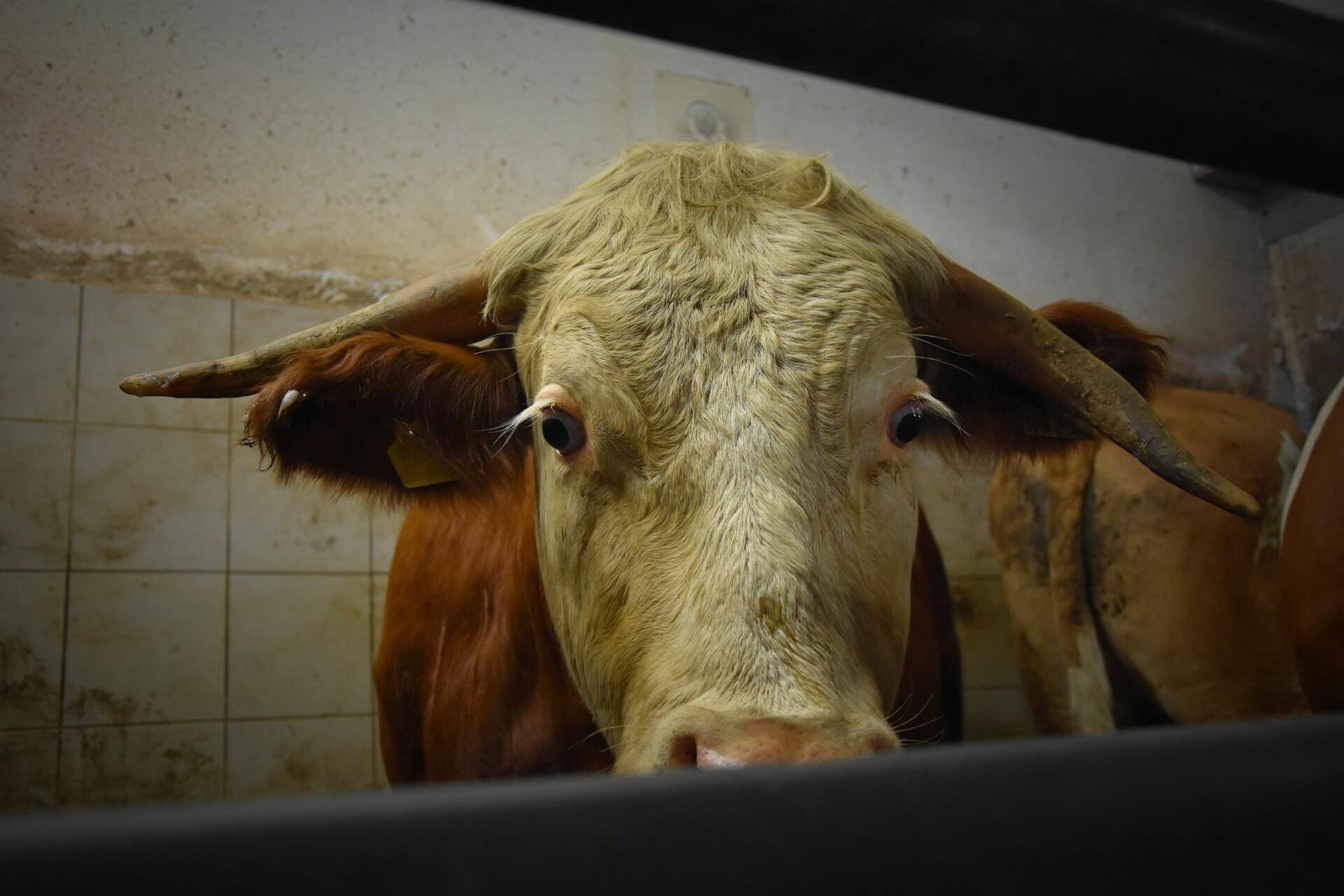
Climate on the menu: How reducing meat and dairy can save our planet
Climate catastrophes and unprecedented temperatures mean the time for change is now
Wildfires, droughts and floodings – we’re half way through 2023 and nature has relentlessly showed its teeth with soaring temperatures that continually impact people, the planet and animals.
A massive heatwave Cerberus is currently causing potential record-breaking temperatures in Southern Europe. The month June has been the hottest ever recorded. Sea temperatures are rising at an unprecedented rate, fuelling the upcoming warm El Nino phase in regions around the Pacific. Floods devastate US state Vermont after extreme rainfall. The wildfires in Canada have destroyed nine million hectares of forests, which equals the size of Austria.
Scientists recently warned that global heating is happening much faster than previously expected. It is clearer than ever that climate action is paramount to protect people, nature and (live supporting) ecosystems.
Our future is (also) defined by the food we produce and eat.
Animal agriculture accounts for one of the dominant drivers of the climate crisis. Specifically, factory farming and the overconsumption of meat and dairy must be halted. Not only impactful for the environment, this powerful change would also improve the lives of nearly 60 billion animals that are suffering in factory farms and on cargo ships every single day.
FOUR PAWS recently compared the current meat consumption in countries across the globe, to the ‘Planetary Health diet’ - a recommendation by renowned environmental and health scientists. The conclusion found that consumption of meat should be decreased by 70% per cent in the UK and more than 80% in the US and Australia to remain within the boundaries of our planet.
Reducing meat and dairy would reduce the emissions of climate-harming greenhouse gas methane. This gas, originating from digestion by cows and other ruminants and manure, has a relatively short lifespan in the earth´s atmosphere. Therefore, reducing methane can slow down this unfolding crisis. An end to factory farming is also needed to combat deforestation and allow nature and natural forests to restore. The production of meat is one of the main fuels of worldwide deforestation, while forests are so urgently needed to cool the planet.
Although the science is clear about the need for more sustainable diets, governments and the industry are sadly doing little to remedy the problem.
This needs to change to keep the world a healthy and thriving place to live – and to free farm animals from their daily misery.


